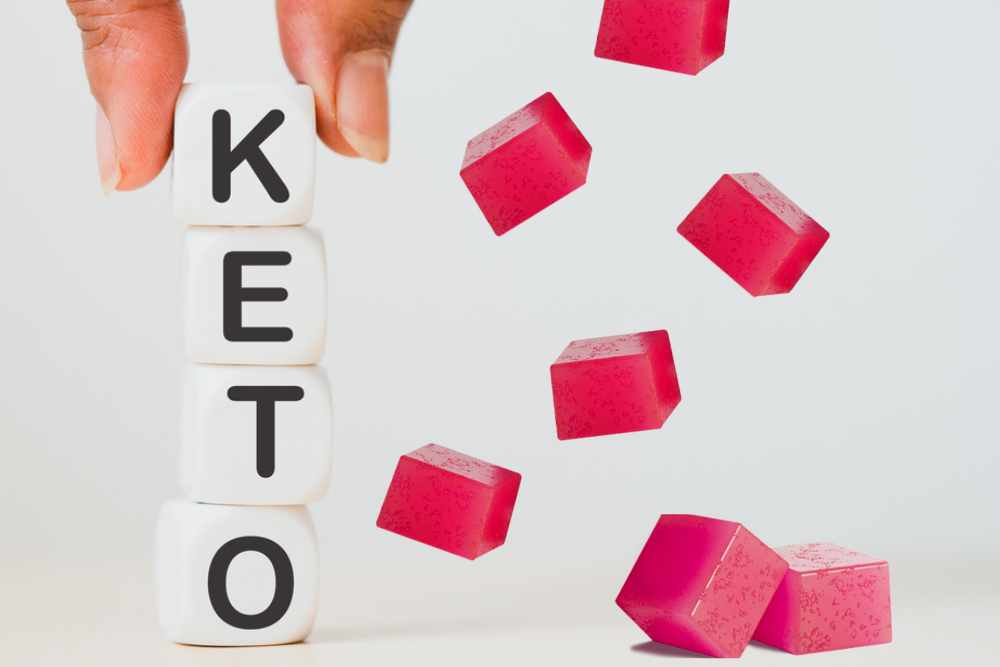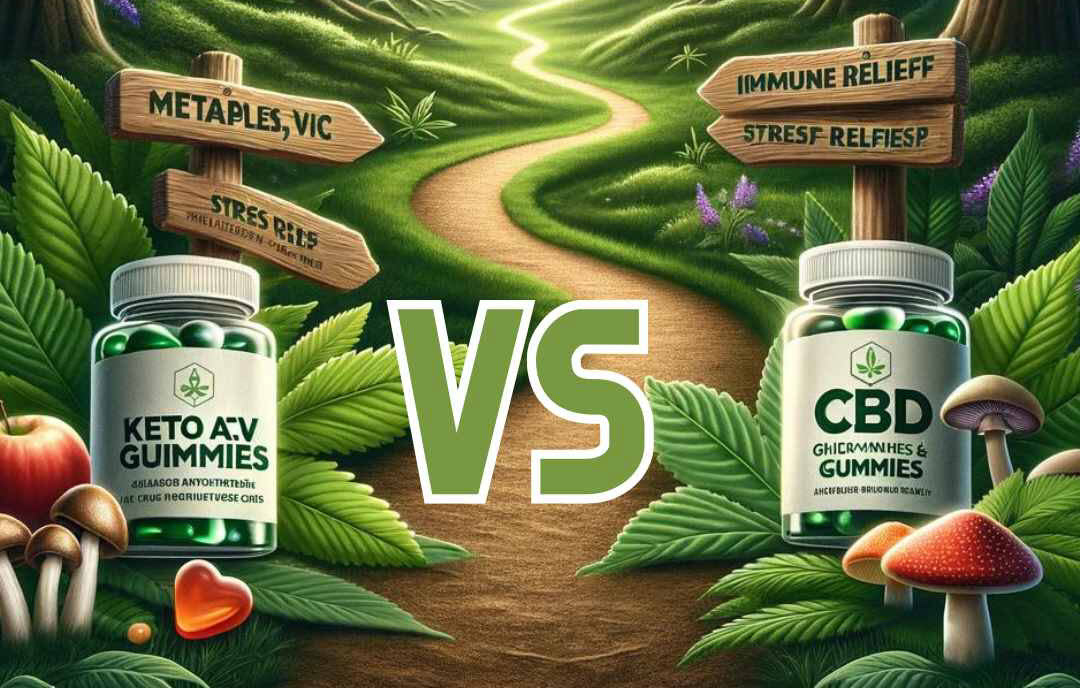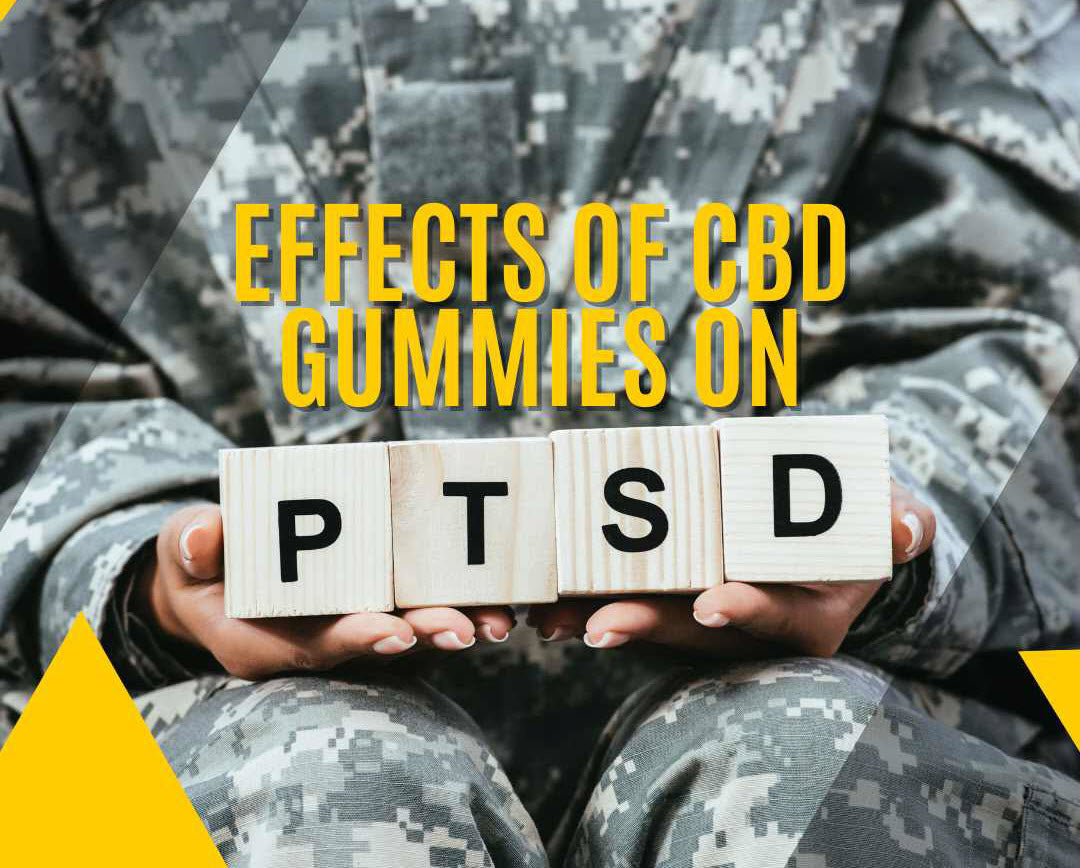What Does CBD Feel Like?
Cannabidiol (CBD) can feel like a sense of relaxation or calmness, no "high" involved. Studies suggest that CBD may provide anti-anxiety effects as well as reductions in pain.
Most people have a general understanding of what Marijuana is and what the psychoactive compound tetrahydrocannabinol (THC) is capable of doing, whether or not they've actually smoked a joint. THC is an active compound in the cannabis plant that has psychoactive properties and therefore can get users high if inhaled or ingested.
But what does the cannabis constituent CBD (cannabidiol) feel like and do? It's not a psychoactive compound like its counter-part THC and therefore does not induce mind-altering effects. So the big question among new users is, how exactly do you feel when you take it?
CBD is becoming increasingly available around the US and the world in several appealing applications. As the stigma surrounding cannabis plant continues to weaken with the induction of the farm bill along with more and more studies being conducted, it is no wonder that people are become increasingly curious about CBD products in general.
Rather than creating feelings of euphoria in users, pure CBD oil takes effect in the body without causing users to feel any sort of psychoactive effects. In fact, many people tend to feel nothing at all... People tend to explain it as if CBD just gives them comfort and relaxation, often times causing users to just forget about or ignore any sort of pain they were dealing with while staying clear minded, unlike THC and other opioids utilized for pain and injury management.
Is CBD Legal?
At the federal level, cannabis is listed as a Schedule 1 substance under the Controlled Substance Act of 1970 — the legislation's highest classification. This makes the use, possession, sale, cultivation, and transportation of cannabis illegal. The Drug Enforcement Administration (DEA) defines a schedule 1 drug as a substance that has a high potential of being abused by its users and has no acceptable medical use.
Despite federal classification, the government has told states that if they would like to pass laws to decriminalize cannabis for either medical or recreational use they may do so, under the condition that a regulatory system is enacted.
As of November 2016, the use of recreational and medicinal marijuana has been legalized in the following states and district:
- Alaska
- California
- Colorado
- Maine
- Massachusetts
- Nevada
- Oregon
- Washington
- District of Columbia
These states have dispensaries for recreational users.
What are the Benefits of CBD?
You won't get high when you take CBD. You won't feel stoned, sluggish, or experience any feelings that take you outside homeostasis (body neutral). But you will definitely feel its effects, just not in the conventional way that THC would make you feel.
Recent studies have shown that CBD may have pain altering effects, anti-seizure properties, anti-inflammatory properties, as well as anti-anxiety effects.
Instead, what you may experience are any one of the following:
- Reduced Pain: Experimental and clinical studies have demonstrated that cannabis-derived components can act as an pain-reducing agent.
You may have seen more and more claims from professional athletes in various sports that they have started adopting CBD as part of their training and performance regimen. That's because CBD has been suggested to be highly effective in alleviating pain associated with inflammation caused by vigorous training and injuries. However, athletes are not the only ones using CBD for treatment of pain. Many people with arthritis and other debilitating diseases are using CBD to counter the pain associated with their ailments. Pure CBD oil has been shown to be just as effective as NSAIDs and potent opioids that are commonly prescribed and used to alleviate pain, but without the adverse effects.
If pain relief is what you want to feel, then CBD might be the perfect substance to take over traditional meds.
- Better Mood: Clinical trials have pointed in the direction of the benefits of cannabidiol to help treat depressive symptoms.
Although CBD is not associated with getting users high, that doesn't necessarily mean that overall mood is not affected. CBD can be an effective part of an overall treatment protocol for people who suffer from various levels of depression and anxiety.
Recent preliminary studies have shown that CBD can alleviate feelings of anxiety and elevate your mood thanks to its ability to increase levels of the neurotransmitter of serotonin. Low levels of serotonin have been linked to depression. Traditional medications that are prescribed to patients with depression are designed to elevate levels of serotonin in order to give the mood a boost, and CBD oil has demonstrated to do the same through serotonin up-regulation.
Want to learn more about the benefits of CBD on your mental health? Check this out.
- Reduced Anxiety: CBD may cause a variety of anti-anxiety effects, with various doses.
One of the most common reasons people use CBD is to reduce feelings of anxiety. Stress is a huge problem in society and more people seem to be getting diagnosed with some sort of anxiety or social anxiety disorder. While there are certainly effective medications out there that can help to alleviate feelings of anxiety and depression, CBD has also shown to do the same without adverse effects.
CBD is able to counter anxiety by toning down overactive neurons and regulating brain signaling (synapses), particularly during times of stress and sympathetic nervous system responses. This cannabinoid can calm overly active and excited neurotransmitters that cause feelings of worry and stress and alleviate anxiety to leave users feeling much calmer and more relaxed.
Related article: Can CBD Help My Anxiety?
- More Energy: CBD has been continuously considered a potential wake-inducing agent.
Many people who use CBD oil report that they're able to sustain activity for longer periods thanks to an increase in energy that they experience after consuming pure CBD oil. Rather than giving you an instant "jolt" that other stimulants may provide, CBD is able to provide long-lasting energy thanks to its ability to improve sleep, deliver nutrients effectively to where your body needs them and boosts your overall mood.
- Better Sleep: CBD may promote better sleep regulation, help you fall asleep faster, and may even help you stay asleep longer.
CBD is an extremely versatile cannabinoid. It has an uncanny ability to both promote mental health and physical wellness through natural accommodation such as sleep regulation, reduced anxiety and systemic inflammation.
Pure CBD oil appears to have the ability to impact sleep-wake cycles and increase overall amount of deep sleep . It's also been shown to reduce insomnia in those who suffer from chronic sleep disorders. The cannabinoid has also been linked to reducing the frequency of events associated with REM disturbances.
Rather than reaching for powerful drugs to get a good night's sleep, you might be able to replace such potentially-addictive medications with natural CBD.
- Reduced Nausea: Cannabidiol may help suppress nausea and vomiting within a limited dose range.
Nausea is a major side effect of traditional cancer treatments, namely chemotherapy. CBD can be used to alleviate these extremely uncomfortable feelings affecting the stomach. As mentioned earlier, the endocannabinoid system (ECS) plays a role in influencing and regulating unwanted sensations in the body, including nausea. When CBD is introduced into the body, it's able to interact with the receptors of the ECS which at least partly affect feelings of nausea.
Does CBD Give You a High?
Cannabidiol (CBD) is just one of the hundred plus phytocannabinoids present in the cannabis plant. It’s the non-psychoactive part of the plant - it won’t get you “high” or “stoned”.
Cannabidiol binds to cannabinoid receptors indirectly, thus, you won’t get the “high” that is typically associated with tetrahydrocannabinol (THC), which binds directly with the CB1 and CB2 receptors.
How Does CBD Differ From THC?
As previously mentioned above, THC causes a high in users and CBD does not. That's because of how each of these cannabinoids interacts with the endocannabinoid system (ECS) in the body. This system plays a key role in regulating a number of important physiological functions, including sleep, appetite, temperature, pain, inflammation, and mood. Its receptors - which are found predominantly in the central nervous and lymphatic system - are influenced by the behavior of naturally-occurring cannabinoids.
THC and CBD are classified as the two major cannabinoids that interact with the ECS when consumed. Effects of THC create a mind-altering experience for the user because it directly binds to the CB1 & CB2 receptors of the ECS, which are primarily found in the brain. By directly activating these receptors, the user experiences a high thanks to the compound's psychoactive properties.
On the other hand, CBD does not directly bind to CB1 or CB2 receptors to activate them. Instead, they indirectly interact with these receptors and influence them in different ways, which are typically due to the up-regulation compounds such as anandamide, which then interacts with receptors of the ECS. Because CBD does not bind and activate CB1 receptors directly, in turn does not cause the user to become "stoned". In fact, CBD has been shown to counter the mind-altering effects of THC... and therefore can be considered the "anti-marijuana".
What Kind of CBD Products are Available?
Here, at Nanocraft CBD, we've crafted a wide array of CBD products available for the athlete in all of us.
Whether you're new to trying cannabidiol or you're looking for the next best product to try, we're sure to meet what you're looking for.
Wanting CBD to help with sore muscles or injured areas? Our CBD cream, CBD topicals, and Cooling CBD Gel are worth noting.
Wanting an under the tongue method that's quick to absorb into the bloodstream? CBD Oil Drops are a great place to start.
What Does CBD Oil Feel Like: Final Thoughts
Everyone experiences the effects of CBD a bit differently. Your best bet is to experiment with various forms of CBD as well as with the dosage. Start with a small amount and work your way up to the optimal does that is suitable for you. Often times people tend to make recommendations to others on what type and how much to use. This often translates into poor results. If in doubt you can always consult your health care provider.
Sources:
Blessing EM, Steenkamp MM, Manzanares J, Marmar CR. Cannabidiol as a potential treatment for anxiety disorders. Neurotherapeutics. 2015.
Grinspoon P. Cannabidiol (CBD) - what we know and what we don't. Harvard Medical School Health Blog. 2018.
Pinto JV, Saraf G, Frysch C. Cannabidiol as a treatment for mood disorders: A systematic review. The Canadian Journal of Psychiatry. 2019.
Russo EB. Cannabinoids in the management of difficult to treat pain. Ther Clin Risk Manag. 2008.
Shannon S, Lewis N, Lee H, Hughes S. Cannabidiol in anxiety and sleep: A large case series. Perm J. 2019.
Applications of CBD
New to CBD? check out the related link to the new user guide.
Cannabinoid options of application:
Transdermal (Skin) Application
Topical Salve: This application is typically used for acute and direct application. Such as an ankle sprain, arthritis, tendonitis, plantar fasciitis, carpal tunnel, tennis elbow, fibromyalgia and migraines. Full-spectrum salves provide a whole panel of cannabinoids for increased potency.
Edible Application
Tinctures: Tincture oils are utilized in full-spectrum form (whole plant derived) and Isolated forms (Pure CBD) that are applied directly under the tongue or mixed in water. This form is typically used for direct application to the central nervous system and the entire body for ailments like anxiety, stress, epilepsy, insomnia, depression, PTSD, autoimmune responses, ADHD, cancer, systemic inflammatory disease such as, cardiovascular disease, diabetes and metabolic syndrome. All applications are available as CBD isolate, broad spectrum and full spectrum.
Soft Gels: Full-spectrum soft gels essentially have the same application as tincture oils. The difference is that each soft gel is measured to a specific milligram to provide a consumer with a perfectly measured dose of CBD. This would be used for any ailments one might use CBD for, including all the ones listed above.
Superfood powder: Super food green powder has a broad range of greens, phytonutrients, vitamins and of course CBD. This application is great to give some a nice, clean energy boost before a workout or just to get your day started naturally with improved focus.
* DISCLAIMER: The information in this article is for educational purposes only. It does not exploit or provide medical advice of any kind. Therefore, any reliance you place on the information below is strictly at your own risk. Please check with your medical provider before starting or changing a CBD routine.

- #cannabidiol
- #cbd
- #cbdforathletes
- #cbdoil
- #hemp
Tagged under













No comments yet!
Be the first to comment